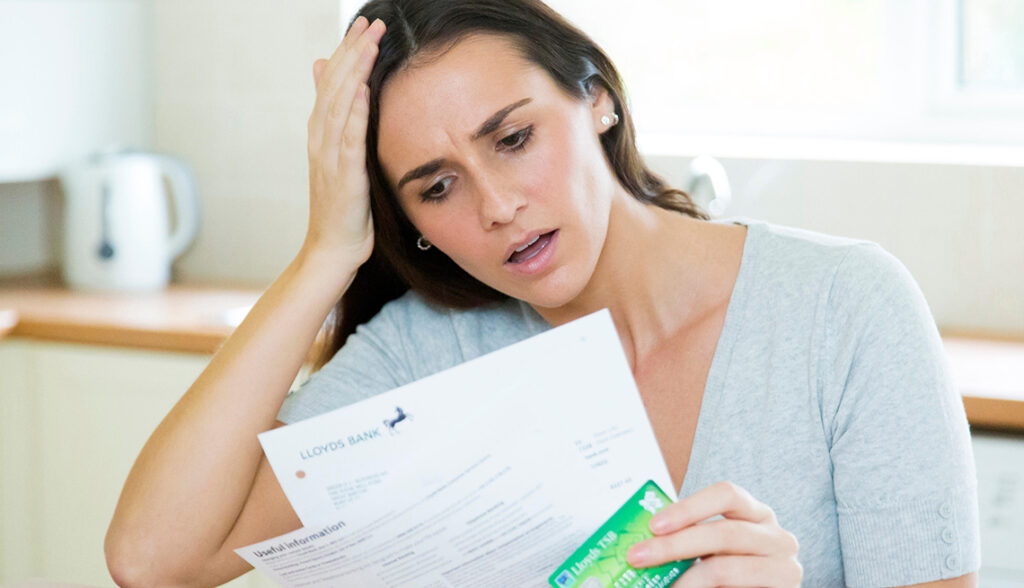COVID-19 has left many people in financial distress. And financial fraud is adding fuel to the fire. Bank fraud cases, in particular, have been rising at an epic level during the pandemic. The US has become the biggest playground in the world for credit card fraud. And in the UK, bank fraud, in general, has hit new highs, costing its citizens £479m in total. Undoubtedly, it’s become another global epidemic that’s driving millions of people into dire financial turmoil.
So, protecting your wealth is essential, not only for your financial security but also to avoid the damaging consequences of growing bank fraud.
What is bank fraud?
When a criminal steals financial assets through a bank or other financial institution, it’s commonly known as bank fraud. This could have severe implications for many parties, including the respective institution and the individual customer or company that legally owns the asset.
Here are some important facts about bank fraud for you to keep in mind.
-
- What’s at risk? Assets such as savings or money in your accounts, credit, and securities can all be at risk. And a criminal could steal from a regular bank, lender, or other similar financial institution.
- Who is at risk? Anyone can be at risk of bank fraud, even children with a bank account. Criminals do not discriminate when it comes to targeting victims for their fraudulent activities. But some groups such as elderly citizens and the rich could run a higher risk of becoming victims.
- How can you experience bank fraud? These are highly complex crimes and, therefore, are extremely difficult to predict. Your financial assets can come under threat due to a phishing attack, malware infection, a data breach, or credit card theft. Sometimes, it’s as simple as stealing your checkbook, forging your signature, or adding an extra zero to a check you have issued.
- What are the repercussions? The most common result of this type of fraud is financial loss. For instance, a criminal could use your credit card to make purchases or transfer all your savings to another account without your knowledge. But remember, maxing out your credit card or taking out loans could also affect your credit score and damage your long-term credit standing. The mental distress and trauma of experiencing bank fraud could have equally damaging effects.
How can you prevent bank fraud?
The complex nature of bank fraud makes them difficult to anticipate or predict. Despite the strong security practices and infrastructures adopted by financial institutions, these crimes continue to surge in both numbers, scale, and the damage they could inflict. This makes it essential to adopt a safety-first approach so you can sidestep many of their exploitative advances and security threats.
So, how can you protect yourself from bank fraud?
- Keep your credit cards safe and only use them with reputed retailers.
- Protect your checkbook and keep records of the checks you write.
- Cross all checks to prevent fraudulent encashment. When issuing a check, ensure there is no room to change key details.
- Keep your bank accounts safe with strong passwords and two-factor authentication.
- Do not log in to your bank account using links sent through emails.
- Avoid entertaining requests for personal information without verifying the requester’s identity and understanding the purpose of the request.
- Avoid accessing your bank accounts using public Wi-Fi. A VPN can provide extra protection.
- Use only your personal devices to access bank information.
- Log out after accessing your personal accounts.
- Protect all types of data, including your date of birth, phone number, and SSN. Remember, it’s not just your bank account information that can place you at risk.
- Avoid saving passwords on your browser. These could easily expose your accounts in the event of device theft, malware attacks, or unauthorized spying.
- Avoid sharing account credentials, even during emergencies.
- When accessing mobile banking facilities, use only the app provided by your financial institution.
- Avoid allowing online retailers to save your credit card details or bank information for fast check out.
- If you receive an unexpected call from someone claiming to represent your bank, be wary of requests to log in to your account, provide authentication details, or perform a transaction. Contact the bank to confirm the request.
Detecting bank fraud
Despite your best efforts, criminals could still target you for a bank crime using various deception and fraud. Therefore, identifying them early on is important to minimize their fatal consequences.
- Regularly check bank, credit card, and other financial statements and ensure all transactions are accounted for.
- Check your credit report for unusual activities. Credit bureaus typically provide these once a year at no cost to you. But you can also sign up for a service that allows you to check your report at least once a month.
- Watch out for a sudden change in your credit score.
- Be extra vigilant of fraudsters exploiting crisis events. The pandemic-related bank frauds experienced during 2020 provide enough examples of these.
So, what should you do if you find any unusual activities with your accounts? Immediately contact the relevant financial institution and report it. Provide as much information as possible to launch an investigation. You might want to retrace your activities as well, to understand likely events that could have compromised your financial accounts. For instance, did you provide your card details to a new online retailer? Or did you recently log in to your bank account using a link emailed by your bank?
Once you have all the details, make a complaint to the Federal Trade Commission and the police. The records they make of your complaint will be important for the recovery process and further investigations.
Remember, banks and other financial institutions are working hard to keep you and your wealth safe. But a safety-first approach will also go a long way to help you minimize the threats of bank fraud.
